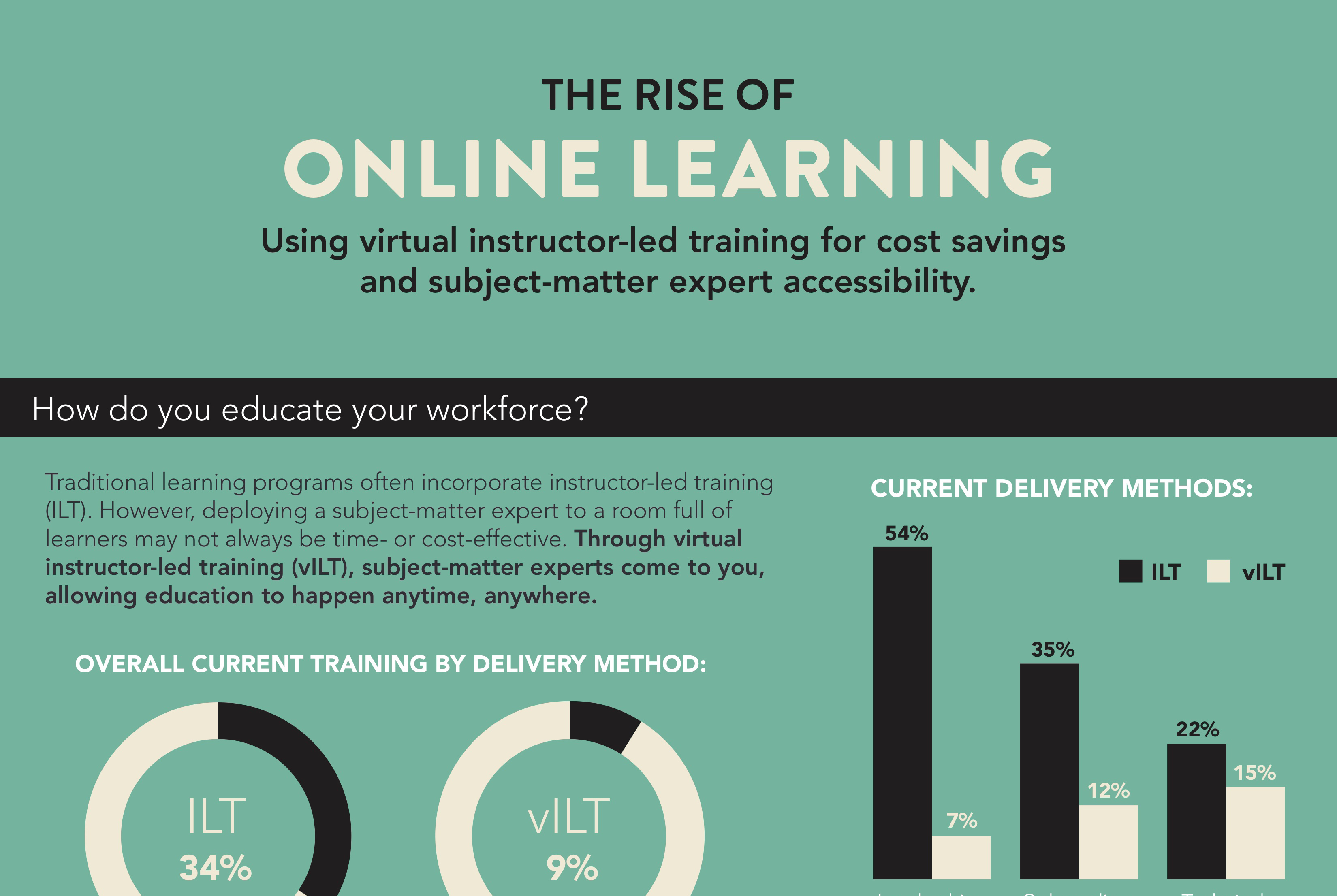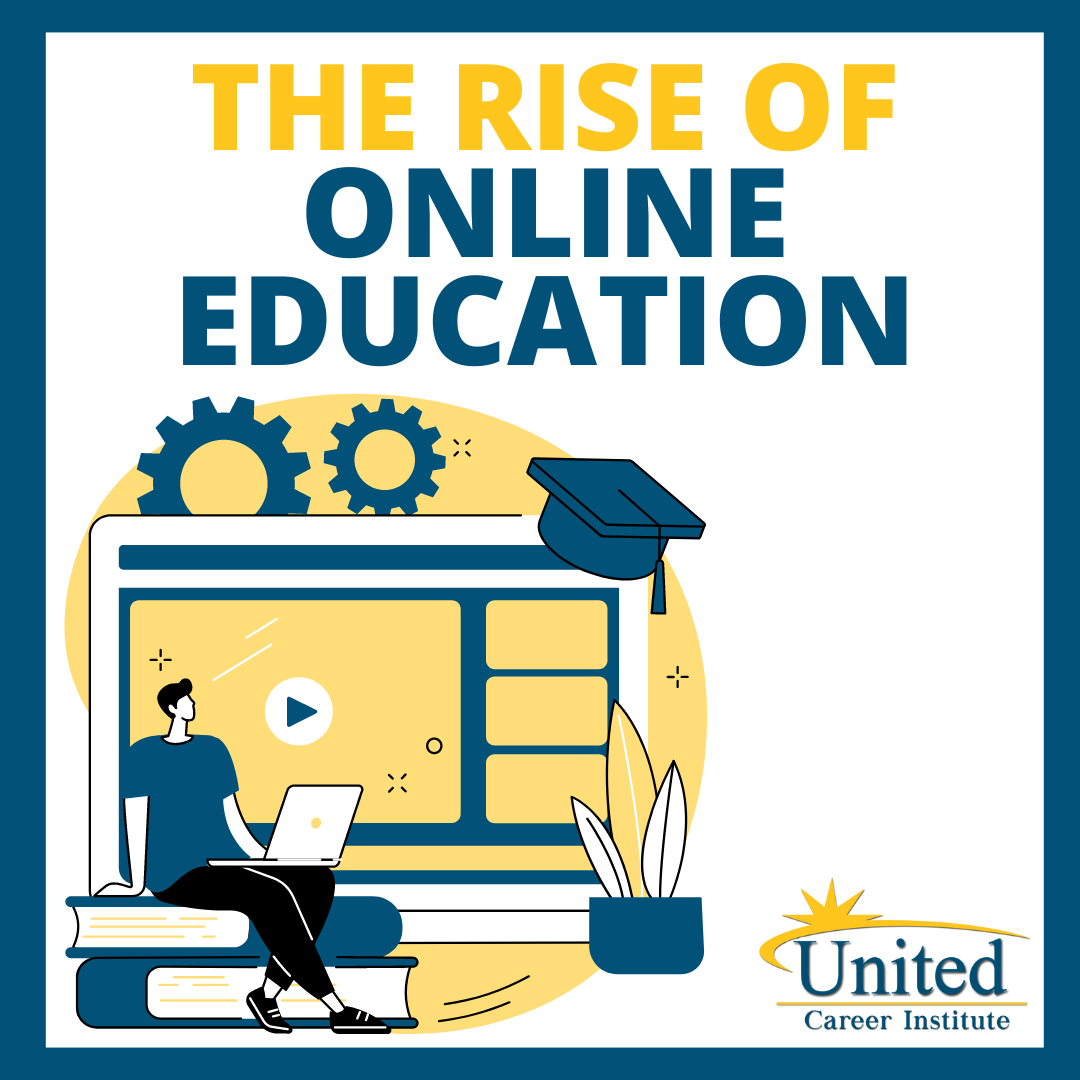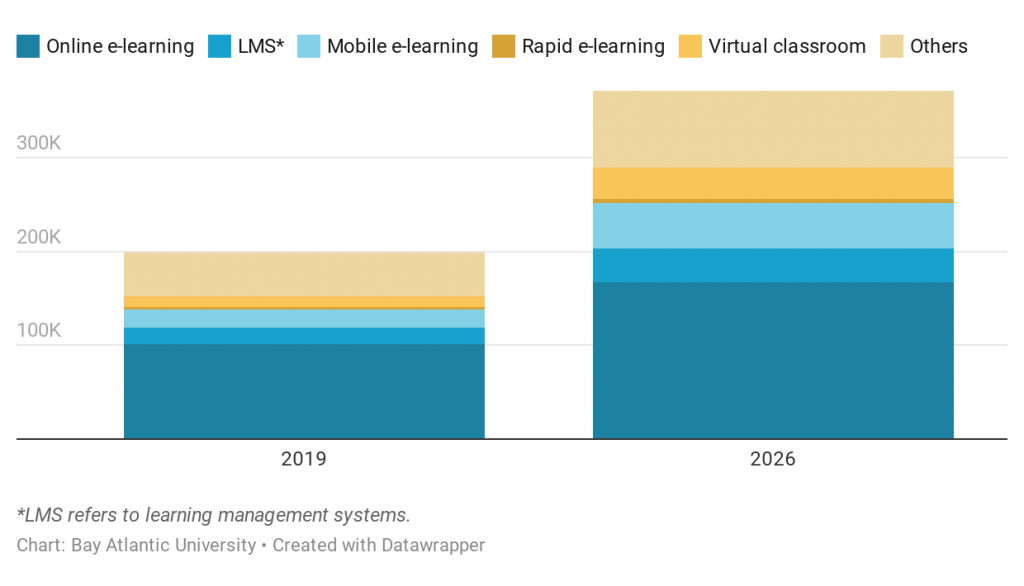The Rise of Online Schooling: What You Need to Know
In recent years, you’ve likely noticed a significant shift in how education is delivered. Gone are the days when students were confined to traditional classrooms and rigid schedules. Instead, online schooling has become a dominant force in the education landscape. This article will delve into the rise of online schooling, exploring what has led to its ascent, the benefits and challenges it presents, and what you should consider if you’re thinking about embarking on this educational journey.

The Evolution of Education
Every major societal change comes with its own set of challenges and opportunities, and the evolution of education is no exception. You’re part of a generation that has witnessed unprecedented technological advancements that have reshaped the way we learn. The rise of the internet in the 1990s laid the groundwork for a booming online education market. With the advent of high-speed internet and the proliferation of personal computers, online education transformed from a marginal experiment to a viable alternative for many.
Today, online schooling is not just a trend; it has become institutionalized in many ways. Universities and colleges around the world have integrated online programs into their offerings, catering to a diverse range of students—from busy professionals seeking to upskill to parents wanting to provide their children with flexible education. In this context, it’s important to recognize that the evolution of education has roots in broader societal shifts, including changing job markets, increasing globalization, and a growing emphasis on lifelong learning.
The Impact of the Pandemic
The COVID-19 pandemic served as a catalyst in the rise of online schooling, propelling millions of students and teachers into the digital realm almost overnight. If you found yourself juggling work-from-home duties along with supervising your child’s online lessons, you’re not alone. Schools across the globe were forced to pivot to remote learning, illuminating both the potential and the pitfalls of online education.
While this period was fraught with challenges—technical glitches, disparities in access to technology, and the emotional toll of isolation—it also underscored the flexibility that online schooling could offer. Many educators found creative ways to engage students virtually, highlighting that learning could continue outside the traditional classroom setting. As a result, the rapid shift to online education has prompted many to reconsider its viability long after the crisis has passed.

Advantages of Online Schooling
When it comes to the benefits of online schooling, the advantages can be numerous and significant. One of the most compelling reasons you might explore online schooling is its flexibility. Whether you’re a student juggling classes with work or a parent seeking an educational path for your child, online schooling offers the ability to tailor learning to fit your lifestyle and needs.
Moreover, online education can provide access to a wealth of resources and learning materials that may not be available in traditional settings. You can often find abundant informative videos, interactive quizzes, and peer forums that enhance the learning experience. Additionally, online schooling may grant you opportunities to learn from reputable institutions without geographical limitations, opening doors to diverse perspectives and methodologies.
Another exciting advantage is personalized learning. Online platforms can adapt to your individual pace and preferences, allowing for a tailored educational experience that aligns with your unique needs. You may also find that online environments can foster a sense of community, as students share experiences and insights from around the world, broadening your understanding of global issues.
The Challenges of Online Schooling
While online schooling is full of advantages, it’s essential to acknowledge the challenges that come with it, too. If you’re considering this path, you should reflect on the potential drawbacks that could impact your experience. One significant hurdle is the need for self-discipline and motivation. Unlike traditional classrooms where educators guide you through lessons, the online learning environment often requires that you take the initiative to engage with materials and stay on top of assignments—something that can be particularly difficult in a home setting where distractions abound.
Another challenge is the digital divide. Not everyone has equal access to the technology necessary for online learning, and disparities in this access can create an uneven playing field. If you face limitations regarding reliable internet service or suitable devices, it may compromise your ability to fully participate in online courses.
Furthermore, the lack of in-person interaction can take a toll on socialization. If you enjoy the camaraderie that comes with being around classmates, you might feel somewhat isolated in an online environment. Building relationships and networking opportunities can be more challenging when your interactions are restricted to virtual formats.

Types of Online Schooling
As you navigate the world of online education, it’s essential to familiarize yourself with the various types of online schooling available. The landscape is diverse, ranging from fully online institutions to blended learning models that incorporate both in-person and virtual elements.
Fully online programs offer a comprehensive educational experience that is entirely virtual. This format is especially popular for adult learners and professionals pursuing further education while balancing work and family commitments. On the other hand, blended learning programs combine traditional classroom instruction with online components, creating a more hybrid educational experience that can appeal to a wide range of learning styles.
There are also specialized online platforms, designed to cater to specific demographics or subject areas. For example, many organizations offer online courses for K-12 students, while others focus specifically on vocational training and workforce development. As you research your online schooling options, consider what type of program best suits your lifestyle, goals, and learning preferences.
Selecting the Right Online School
If you’re contemplating entering the realm of online education, it’s crucial to choose the right school for your needs. With a plethora of options available, it can be daunting to sift through them all. Start by identifying your educational goals and the kind of program that aligns with those aspirations. Questions such as “What degree or certification am I looking to obtain?” and “How flexible does my schedule need to be?” can guide your search.
Next, research the institutions or programs you’re considering. Accreditations are important as they establish the legitimacy of a school’s offerings, ensuring that your education will be recognized by employers and other educational institutions alike. Furthermore, look for reviews or testimonials from current or former students to gauge satisfaction levels and the quality of instruction.
Connecting with an admissions adviser can also help clarify your options. They can answer your questions, provide insights into the curriculum, and discuss support services available to online students. Ultimately, you want a school that fosters a sense of community and offers resources to support your success.

Time Management in Online Schooling
When you opt for online schooling, mastering time management becomes a critical skill. With the flexibility that online courses provide, it’s easy to overlook deadlines or let procrastination sneak in. Creating a structured schedule is essential to keep you on track. Consider setting specific hours dedicated to your coursework each week, treating them like in-person classes to cement a routine.
Using online tools can also help you stay organized. Digital calendars, reminder apps, and task management tools can alert you to assignments and deadlines, ensuring you don’t miss them. As you become accustomed to the virtual environment, you’ll find that establishing boundaries—both for when you’re working and how you allocate your time—will ultimately contribute to your success.
Don’t forget to allow yourself opportunities for breaks and self-care. Balancing online coursework with other life responsibilities can be stressful, so it’s important to recharge and rejuvenate. Integrating physical activity, social engagement, or even downtime for hobbies can enhance your overall well-being, improving your performance in your studies.
The Role of Support Systems
One often overlooked aspect of online schooling is the importance of support systems. As you navigate this new educational journey, having a network of support can make a significant difference. You might find it beneficial to join online communities specific to your field of study or to connect with fellow students through discussion forums.
Many online schools also offer various support services, including academic advising, tutoring, and mental health resources. Don’t hesitate to reach out for assistance when needed; it’s an integral part of the learning process. Building connections with instructors can also enhance your experience. Develop relationships with them by participating in discussions, asking questions, and seeking feedback on your work.
Additionally, don’t underestimate the value of talking with friends and family about your experiences. Sharing your academic journey with loved ones provides not only accountability but also a sense of camaraderie that can be incredibly affirming as you tackle the challenges ahead.

Future Trends in Online Schooling
As you engage with online education, keep an eye on emerging trends that shape its future. One key development is the increased integration of technology in learning environments. Innovations such as artificial intelligence and virtual reality are being employed to enhance the learning experience, making it more interactive and immersive.
Personalized learning experiences are likely to become even more common, as educational platforms leverage data to tailor curricula to best suit your learning style and pace. Additionally, online schools are likely to place more emphasis on developing soft skills, such as communication and collaboration, recognizing their importance in today’s job market.
Moreover, the continuous evolution of professional development opportunities within online education signifies an expanding landscape. As industries evolve, so too will the types of skills and knowledge that are most sought after, leading educational providers to create courses that are directly responsive to changing workforce demands.
Online Schooling and Your Career
If you’re contemplating how online schooling can impact your career trajectory, you’re already on the right track. Your education is often a stepping stone to achieving your career goals, and choosing online schooling presents you with opportunities to advance within your field. Many professional programs are designed to be flexible for working individuals, allowing you to learn while continuing to work.
Moreover, adding an online degree or certification to your resume can enhance your qualifications. It demonstrates your commitment to professional growth and adaptability—qualities that employers highly value in today’s rapidly changing job market. Be sure to showcase your online learning experiences in your CV or LinkedIn profile, highlighting the relevant skills and knowledge you’ve gained throughout your coursework.
Networking opportunities, even in an online setting, can also be a valuable asset. Many programs offer virtual events, webinars, or discussion boards where you can connect with industry professionals. Cultivating relationships with individuals within your field can help you gain insights, mentorship, and potential job opportunities that you might not find elsewhere.
Final Thoughts on Online Schooling
As you navigate the world of online education, keep in mind that this journey is ultimately about you—your goals, your aspirations, and your unique learning style. Embrace the flexibility and accessibility that online schooling affords, but also remain mindful of the challenges that may arise. With proper planning, time management, and a support network, you can navigate these hurdles successfully.
The rise of online schooling marks a transformative moment in education, one that invites you to redefine your learning experience. Whether you’re seeking to advance your career, explore new interests, or provide educational opportunities for your children, the online realm is brimming with possibilities.
Share your thoughts and experiences with online schooling! Did you find this article helpful? Clap for it, leave a comment, and don’t forget to subscribe to my Medium newsletter for more updates on education and personal growth. Your journey is just beginning, and I can’t wait to see what you achieve!